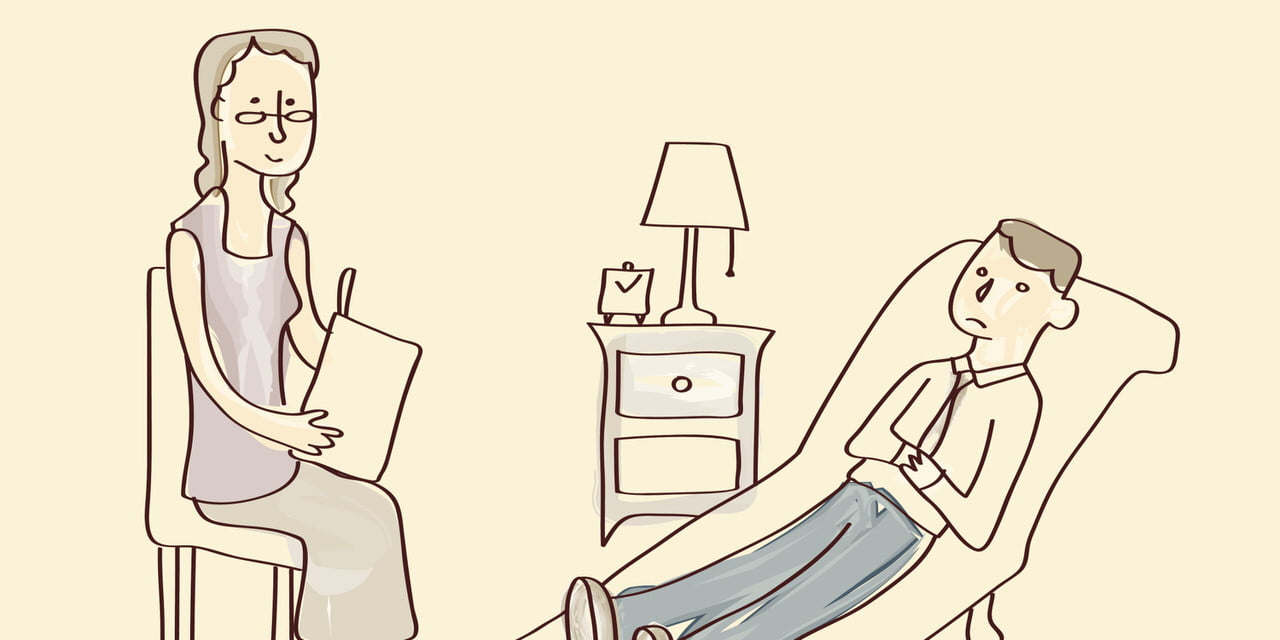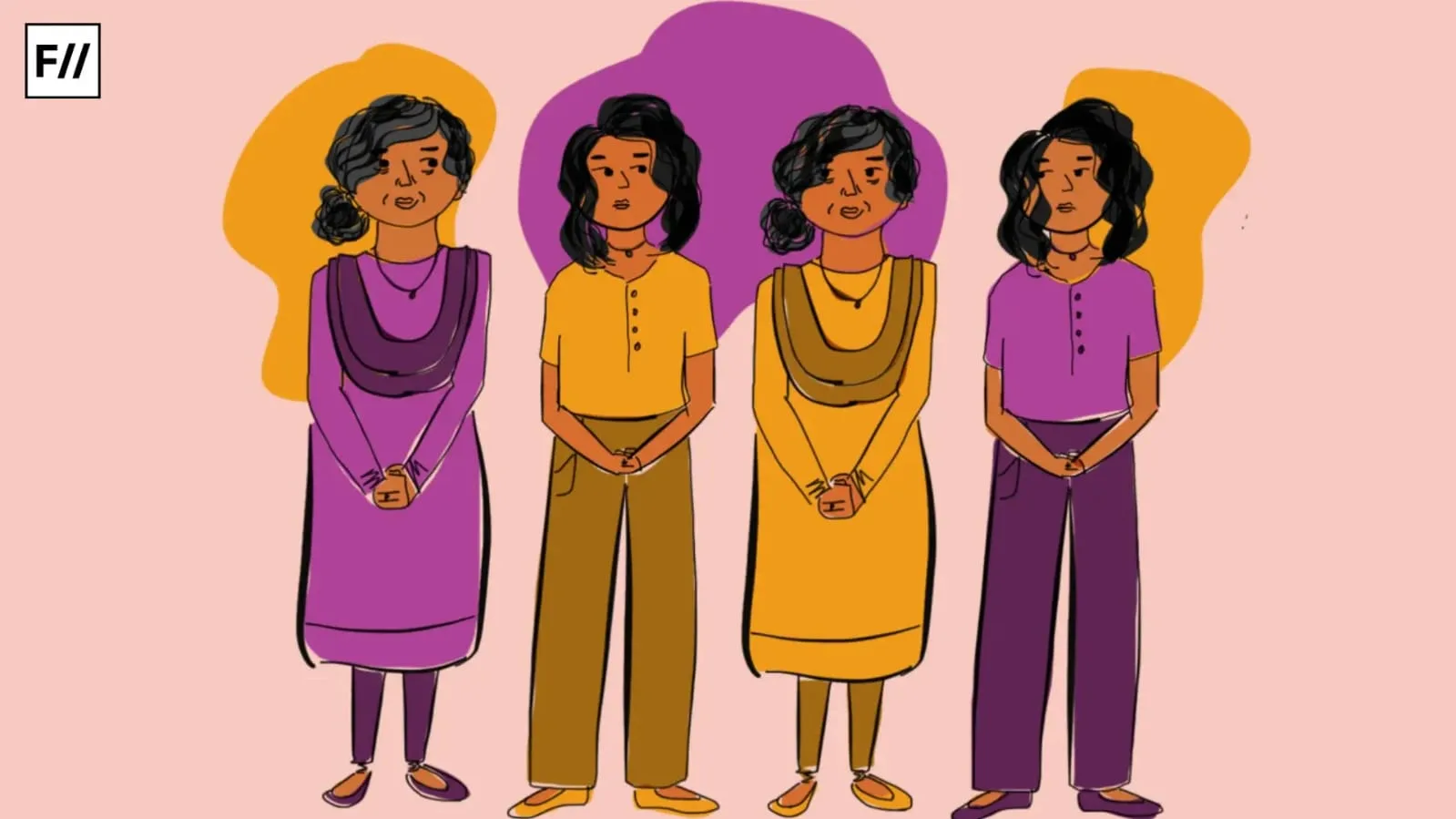Therapy is a useful tool for many people suffering from mental illness, but many times people are intimidated by it and aren’t sure whether it’s something that would work for them. Women tend to second guess themselves and have a harder time getting their mental illness taken seriously, and that’s because of the long history of the medical industry undermining women’s pain.
When I first went to seek help when I was fifteen years old, neither I nor my parents knew what the first steps we should take. I used to have this pre-conceived notion that whatever was happening to me, didn’t warrant seeking medical help. It was already hard for me to simply come up with the courage to make sense of things I had been experiencing to name the problem, but what ended up being harder was how long it took for me to get the adequate help I needed.
As a feminist with a specific set of political views, that informs what I’m studying and doing in my free time, it was hard finding help that didn’t undermine me or disrespect my autonomy. There is already a lack of mental health resources in India, but because of my own socioeconomic privilege, I still had access to more.
Also read: Part 1: “Do I Need A Therapist?” – These 3 Things Will Help You Decide
Without guidance, my mother first took me to a talk therapist in Delhi. She was someone my mom had met before and since she didn’t know who else to approach my mother took me to her. She was not a registered psychologist but had a social work degree, thus ran a casual practice.
This woman made me and my mother sit together. Which as a young teenager, was something I wasn’t comfortable with since so much of my anxiety and anger was the fact that my parents weren’t sympathetic to my cause.
With my mother by me, I wouldn’t talk much. If I were to say anything, she would automatically make my mother feel bad by implying that she was a bad mother for allowing this to happen to me. Erasing any of the complexities of my situation or my mother’s. I began talking less as to not upset my mother and the sessions turned into the therapist speaking for a long period of time. Since it was my first experience of any sort of professional help, I had nothing to compare it with and assumed this was standard. After every session, I would feel guilty after seeing both me and mother being blamed for my circumstance.
After my mother had her last straw with this therapist we decided we would no longer visit her. I was either 16 or 17 at this point, and nothing was getting better. After a couple of months of not doing anything, I asked my parents again for some sort of help.
We went to a high ranked psychiatrist in one of the best hospitals in Delhi. Both my parents and I were hopeful, thinking that this time, I would get the help I needed. We didn’t really know the difference between a therapist, psychologist, or psychiatrist, and again without guidance, we just stumbled into the next thing recommended to us.
Also read: Part 2: How Do I Know If This Therapist Is Right For Me?
I could tell something was off the moment we arrived at the hospital. There was a line of 20 people waiting to see him, and all were scheduled within a two-hour slot. If that is not a testament to the lack of mental health resources in this country, I’m not sure what is.
The even more disturbing part about it was that people were coming in and out relatively quickly. Once I entered, I was shocked at how quick the process was. The switch from the almost two-hour useless talk sessions with my old therapist, to 10 minutes of him asking me how I was feeling, me reluctantly telling him in front of my mother, and a couple of minutes later I was prescribed my first dose of anti-depressants. It continued on like that for two and a half years, where every time I complained about feeling anxious or depressed, my dose was just increased.
Also read: Part 3: What To Expect In My First Therapy Session
During this time I was not seeking any therapy alongside my medication. The psychiatrist made me keep a “mood journal” which he briefly skimmed for a couple of seconds at the beginning of our sessions. I still had no one to talk to, or to deconstruct my feelings with, instead, when I tried I was just diagnosed with anxiety, depression, anger issues, and mild PTSD, and about five minutes to unpack all of that. Not to mention that any time I mentioned any of my political interests I was discouraged from them because they wouldn’t be good for my health.
It took me so long to realize that what I was doing wasn’t normal or healthy. Medication did provide me with some long-term benefits but what I didn’t realize is that I needed to pair it with therapy. And more often than not, psychotherapists work in tandem with a psychiatrist.
Also read: Part 4: How Do I Know Therapy Is Working?: What To Expect From Recovery
After these terrible experiences, it took me over a year to get back to therapy. I became averse to it and actively spoke against it. It was only in an intensely low moment that I realized I needed some sort of help, and I wish that realization had come to me before. Once I found a psychotherapist who talked to me and respected my political views and helped me understand what I was going through did I realize how much it helped.
Some things you can learn from my experiences are:
- Make sure you go to the right type of doctor
- Make sure you feel comfortable
- Make sure you go alone
- Make sure they don’t guilt you
- You are allowed to ask questions
I added the last one because it’s something it took me a while to realize. People mostly imagine therapy as a format where people are mostly talking while someone is promoting them and while that is true most of the time if there is anything you want to make clear to ensure you have a more comfortable time, do it. As I mentioned before, I wasn’t going to feel comfortable in therapy with someone who didn’t respect my political views, and so the first time I went to a therapist after highschool, I asked just those things.
Therapy isn’t an easy step to take, and my experiences shouldn’t scare you or make you less likely to go, but instead should be a way for you have some more guidance than I did. I’m no longer on any medication, but I see a therapist once a week who has a similar political understanding as I do. In therapy I’ve learned coping mechanisms and I’ve unpacked so much of the frustration that I once held inside.
Therapy for me has helped me understand my family and situation better. It’s helped me find ways to take care of myself after an anxiety attack, and it’s helped me navigate situations with more ease. By no means am I saying that I no longer struggle with my mental illness, of course I do, but now I have the tools to take it on.
Read More: Mental Health Professionals, Crowd Sourcing, and The Power of Lists
Featured Image Credit: The Huffington Post




